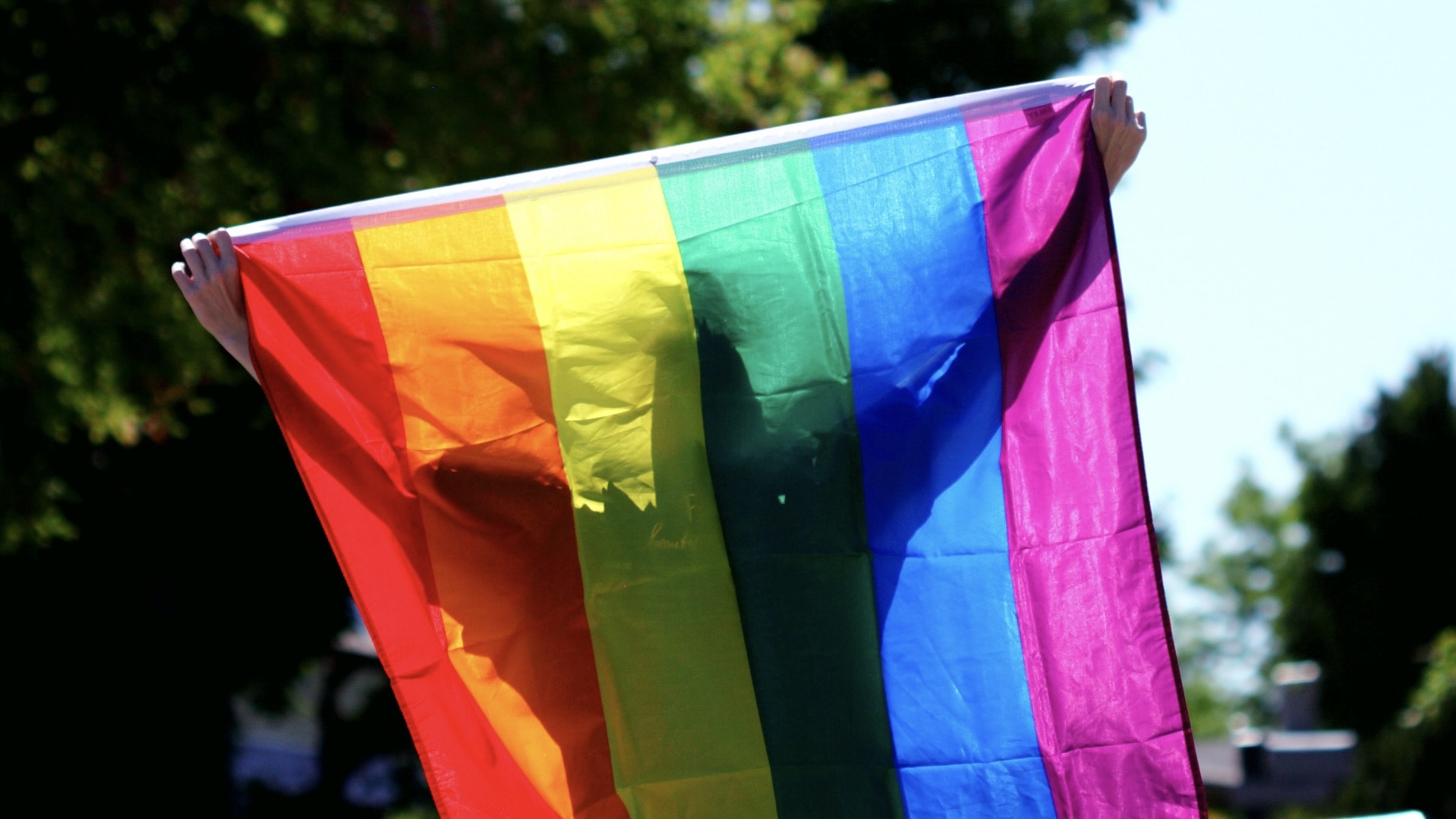Montana becomes first US state to ban drag performers reading to children at schools and libraries
The bill came into immediate effect earlier this week

Montana is the first US state to specifically ban drag performers from reading to children in schools and public libraries.
Governors put through a bill titled HB359, which was signed on 22 May. It further threatens the rights of those in the LGBTQ+ community.
Events banned as a result are those defined as being “hosted by a drag queen or drag king who reads children’s books and engages in other learning activities with minor children present.”
It was co-sponsored by over half the state’s Republican-controlled legislature.
“Montana’s new law criminalising freedom of expression and art should be a red flag for everyone”
A spokesperson for Republican governor Greg Gianforte said the politician signed the bill because he “believes it’s wildly inappropriate for little kids, especially preschoolers and kids in elementary school, to be exposed to sexualised content.”
“Montana’s new law criminalising freedom of expression and art should be a red flag for everyone,” Jonathan Hamilt, the Executive Director of Drag Story Hour, told CNN.
“The moral panic of drag has too long been a scapegoat for transmisogyny and overall transphobia in this country.”
The bill initially sought to ban minors from attending drag performances, which were defined as shows that tended to “excite lustful thoughts.”
It also stops kids from going to what the bill defines as “sexually oriented shows” on public property.
According to AP, Republican Rep. Braxton Mitchel, who sponsored the bill, said he did this because he believes “drag shows in recent years have been specifically aimed at children.
“In my humble opinion, there’s no such thing as a family-friendly drag show,” Mitchell said in April.
The ban in Montana is slightly different to those proposed in Florida and Tennessee, which are both facing legal challenges.
The two states also appear to try to ban drag reading events, but more specifically those that would be seen as “sexual in nature”.
Of course, this could easily be up for interpretation.
